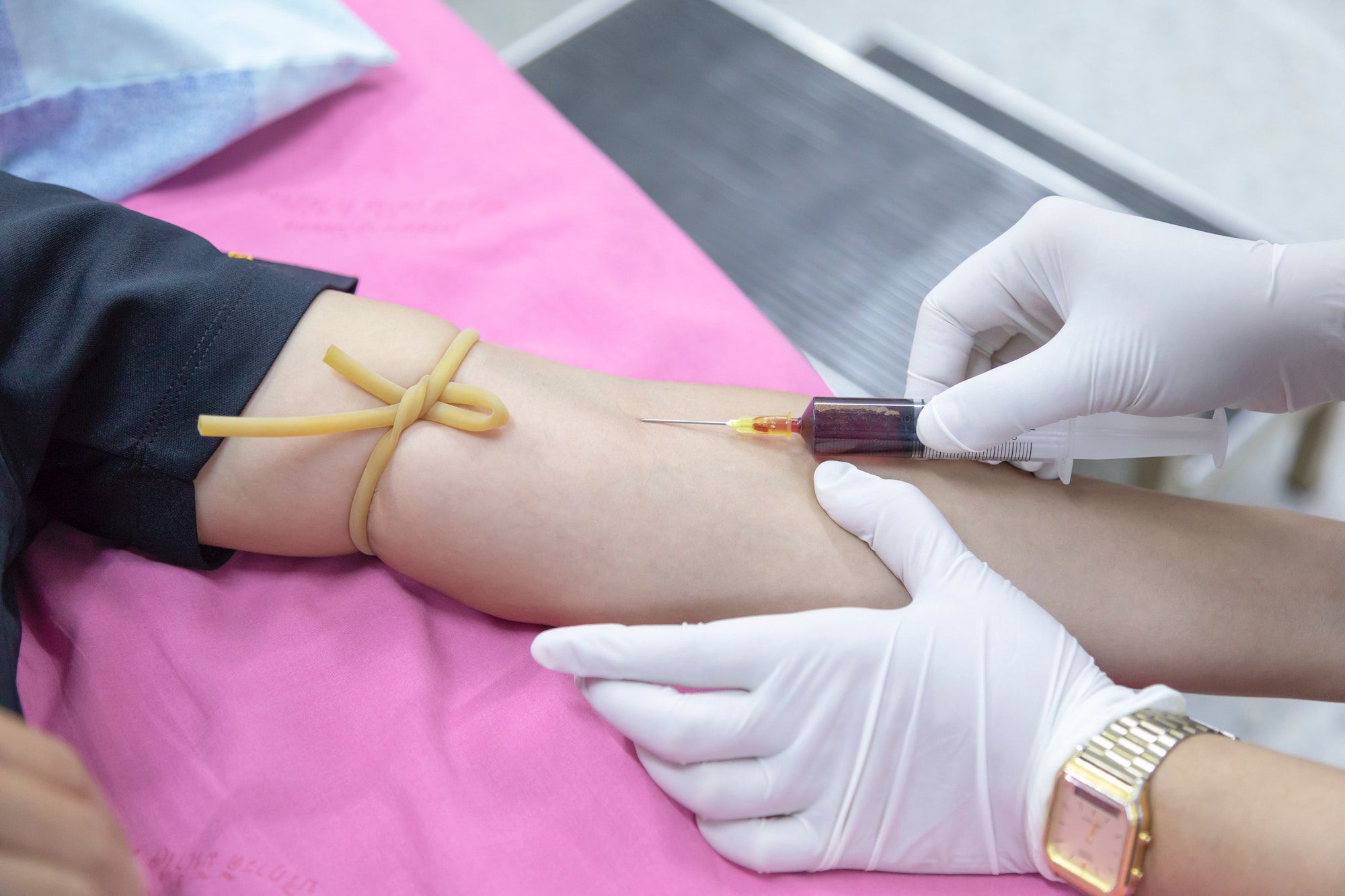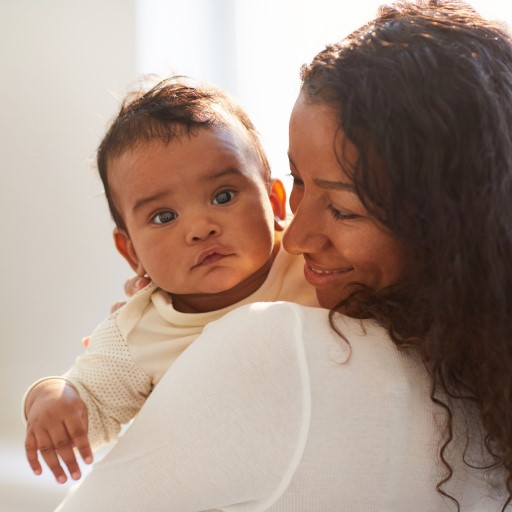Why do a carrier screen?
If a person has a mutation for disease that matches a mutation in a partner, there is a risk that they would have a child with a severe disease.
Using sophisticated technology, many of the these mutated genes can be detected with carrier screening, a genetic test used to determine if a healthy person is a carrier of a recessive genetic disease.
Certain mutations can cause significant illness. The American College of Obstetrics and Gynecology recommends that all women considering a pregnancy be screened for cystic fibrosis through a carrier screen, even though most people have no family history of the disease. This recommendation applies even if a woman has had a healthy child, since not all children are affected. We highly recommend enhanced testing for carrier states by these new assays, which screen for cystic fibrosis and other diseases at little or no extra cost.
What do we do about it if I am positive for a carrier state?
First of all, when results are available, do not be surprised if you have a carrier state. If you do, then we have your partner tested to make sure there is not a match. This test is a valuable safeguard against devastating diseases. Each of the diseases that is tested may be rare, but having affected children is not a rare occurrence. If there is a match, there are ways to use assisted reproduction to avoid having a baby with a major disease; IVF can be performed and the embryos tested for the disease.
Insurance carriers usually cover those tests, which helps insure that you have a healthy baby.
The carrier screen details explained
Each of us has approximately 20,000 genes. Among those genes, we may have as many as 175 mutations. A mutation for disease is called a carrier state. As a part of normal evolution, mutations occur in the genes of any individual animal. In humans, as biology students in high school learn, there about 300 mutations on average in the human chromosomes. Perhaps up to four of these may be disease related. We may inherit mutations in our DNA, or genetic code, from our families, or they may arise spontaneously. Most mutations have no effect on us at all. If a mutation does not cause an alteration in the production of a protein in our bodies, then there is no effect. For a mutation to be effective, there must be two copies: one in each of a pair of chromosomes in exactly the same spot.
Testing positive for a carrier state, in biological terms it means you are heterozygous for a problem. In order to have the disease, one must be homozygous – meaning you have two alleles – both genes for the same disorder. This is why if the female tests positive, we recommend also testing the partner. We want to try to prevent a match of carrier states which significantly increases the likelihood of disease in your child.
We recommend that each woman planning to conceive, fertile or infertile, be tested for the most common of the disease-causing mutations. If the female tests positive, the male needs to be checked to be sure there is not a match. If you do not have a match, there is no problem.
So, yes, we recommend a carrier screen with a blood test to give us the reassurance in most cases that there are no gene-causing mutations in our sperm or eggs before we reproduce.
If you have a known carrier state or would like to learn more about carrier screen testing, please contact us to make an appointment.






